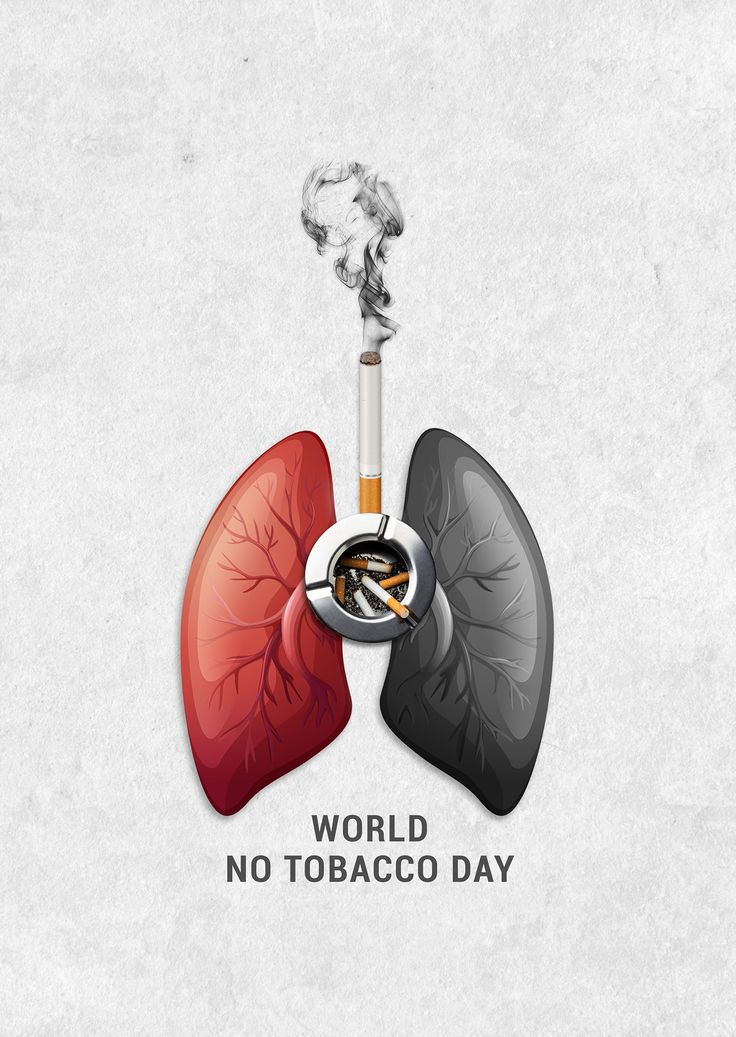World No Tobacco Day: A Powerful Call for Health and Awareness
Introduction
World No Tobacco Day (WNTD) is observed every year on May 31st. It is an important occasion dedicated to highlighting the dangers of tobacco use, advocating for policies to reduce tobacco consumption, and promoting efforts to protect people from the harmful effects of tobacco smoke. This global day of action is vital to raising awareness about the devastating health impacts of tobacco and the steps society can take to prevent tobacco-related diseases and deaths.
World No Tobacco Day is organized by the World Health Organization (WHO) and aims to educate the public, policymakers, and health professionals about the dangers of tobacco, as well as to encourage individuals to quit smoking. The observance plays a crucial role in public health campaigns worldwide and provides an opportunity to discuss the harmful effects of tobacco and advocate for stronger tobacco control measures.
What is World No Tobacco Day?
World No Tobacco Day was established by the World Health Assembly in 1987. The primary goal of the day is to raise awareness about the risks associated with tobacco use and secondhand smoke exposure. Every year, the WHO selects a theme to focus on, which highlights different aspects of tobacco control, such as smoking prevention, tobacco-free environments, and the harmful effects of tobacco on non-smokers.
Tobacco use is one of the leading causes of preventable death worldwide. Despite the known risks, millions of people continue to use tobacco in various forms, including smoking cigarettes, cigars, or pipes, and using smokeless tobacco products. As a result, the World Health Organization dedicates this day to addressing the global tobacco epidemic, advocating for the implementation of tobacco control policies, and promoting efforts to reduce tobacco consumption and exposure.
History of World No Tobacco Day
The history of World No Tobacco Day dates back to 1987 when the World Health Assembly, a governing body of the World Health Organization (WHO), passed a resolution calling for the observance of a day dedicated to raising awareness about the dangers of tobacco use. The first World No Tobacco Day was celebrated on May 31, 1988, marking the beginning of a global campaign to reduce the harmful effects of tobacco.
Each year, World No Tobacco Day is observed with a unique theme that addresses specific issues related to tobacco control. For instance, themes in previous years have focused on tobacco advertising, the role of tobacco industry interference, the health consequences of smoking, and strategies for quitting smoking.
Important Facts About Tobacco Use
- Tobacco Kills: Tobacco use is one of the leading causes of preventable diseases and deaths worldwide. According to the WHO, more than 8 million people die each year from tobacco-related diseases, with over 7 million deaths occurring as a result of direct tobacco use and the rest due to exposure to secondhand smoke.
- Harmful Health Effects: Smoking is linked to a wide range of serious health conditions, including lung cancer, heart disease, stroke, respiratory diseases, and chronic obstructive pulmonary disease (COPD). Even non-smokers exposed to secondhand smoke are at risk of these illnesses.
- Economic Burden: Tobacco use has a significant economic impact on society, including healthcare costs for treating tobacco-related illnesses and lost productivity due to smoking-related deaths. The global cost of smoking is estimated to be over $1 trillion annually.
- Youth Smoking: Tobacco use often begins in adolescence, and many smokers start before the age of 18. The tobacco industry heavily targets young people with advertising, making it essential to focus on prevention efforts that educate youth about the dangers of smoking.
- Global Smoking Rates: While smoking rates have declined in many high-income countries, tobacco use remains a significant problem in low- and middle-income countries. The WHO continues to push for stronger tobacco control measures, such as tobacco taxes, smoke-free policies, and public health education campaigns.
Significance of World No Tobacco Day
World No Tobacco Day is crucial in the ongoing battle against tobacco use and its harmful effects. The day brings global attention to the importance of tobacco control and the need for stronger policies to protect public health. By focusing on various aspects of tobacco use and its impact on society, the observance of this day provides an opportunity to advocate for action on several levels:
- Health Advocacy: World No Tobacco Day raises awareness about the health risks of tobacco use and the need to quit smoking. It encourages smokers to take action to stop smoking and offers resources and support to help individuals quit.
- Policy Change: The day serves as a platform for advocating stronger tobacco control measures, including restrictions on tobacco advertising, higher taxes on tobacco products, and the implementation of smoke-free public spaces. By calling for stronger policies, World No Tobacco Day seeks to reduce the accessibility and affordability of tobacco products.
- Global Unity: Tobacco use is a global issue that transcends borders. World No Tobacco Day promotes solidarity among countries and organizations to work together to reduce tobacco-related harm. It is a reminder that the fight against tobacco requires collective effort from governments, health organizations, and individuals.
- Protecting the Environment: Tobacco cultivation and production contribute to environmental damage, including deforestation and pollution. World No Tobacco Day highlights the environmental impact of the tobacco industry and advocates for sustainable practices and reduced environmental harm.
Impact of World No Tobacco Day on Daily Life
World No Tobacco Day has a profound impact on daily life by providing individuals, communities, and organizations with the opportunity to reflect on the importance of tobacco control and quitting smoking. The observance encourages:
- Public Education: By raising awareness about the health risks of smoking and secondhand smoke, the day educates people about the dangers of tobacco use. It encourages smokers to quit and helps non-smokers protect themselves from exposure.
- Support for Smokers: World No Tobacco Day helps people who want to quit smoking by promoting smoking cessation programs, hotlines, and support groups. It also provides information on available resources, such as nicotine replacement therapies and counseling services.
- Smoke-Free Environments: The day promotes the importance of smoke-free environments in public spaces, workplaces, and homes. It advocates for policies that protect people from the harmful effects of secondhand smoke.
- Encouraging Policy Change: World No Tobacco Day serves as a platform for governments and organizations to push for stronger tobacco control measures, including tobacco taxes, smoking bans in public places, and public health campaigns.
How to Observe World No Tobacco Day
There are several ways to participate in World No Tobacco Day, whether you’re an individual, a community, or an organization. Here are some ideas:
- Quit Smoking: If you’re a smoker, take this day as an opportunity to start your journey toward quitting. Use available resources and support systems to help you stop smoking for good.
- Raise Awareness: Share facts about tobacco use and its harmful effects on social media. Educate friends and family members about the risks associated with smoking and the benefits of quitting.
- Participate in Local Events: Many health organizations and communities host events, such as seminars, workshops, or rallies, to raise awareness about World No Tobacco Day. Attend these events to show your support for tobacco control efforts.
- Advocate for Policy Change: Support efforts to strengthen tobacco control policies, such as raising tobacco taxes or advocating for smoke-free public spaces. Contact local policymakers to encourage action on tobacco-related health issues.
Conclusion
World No Tobacco Day is a powerful call to action that highlights the importance of reducing tobacco consumption and protecting people from the harmful effects of tobacco use and secondhand smoke. It serves as an opportunity to promote health, raise awareness, and advocate for stronger policies to combat the tobacco epidemic. With the support of individuals, organizations, and governments, we can work together to reduce tobacco use and its devastating impact on public health.
By focusing on education, support for smokers, and advocating for policy change, World No Tobacco Day continues to drive global efforts to create a tobacco-free world for future generations.










